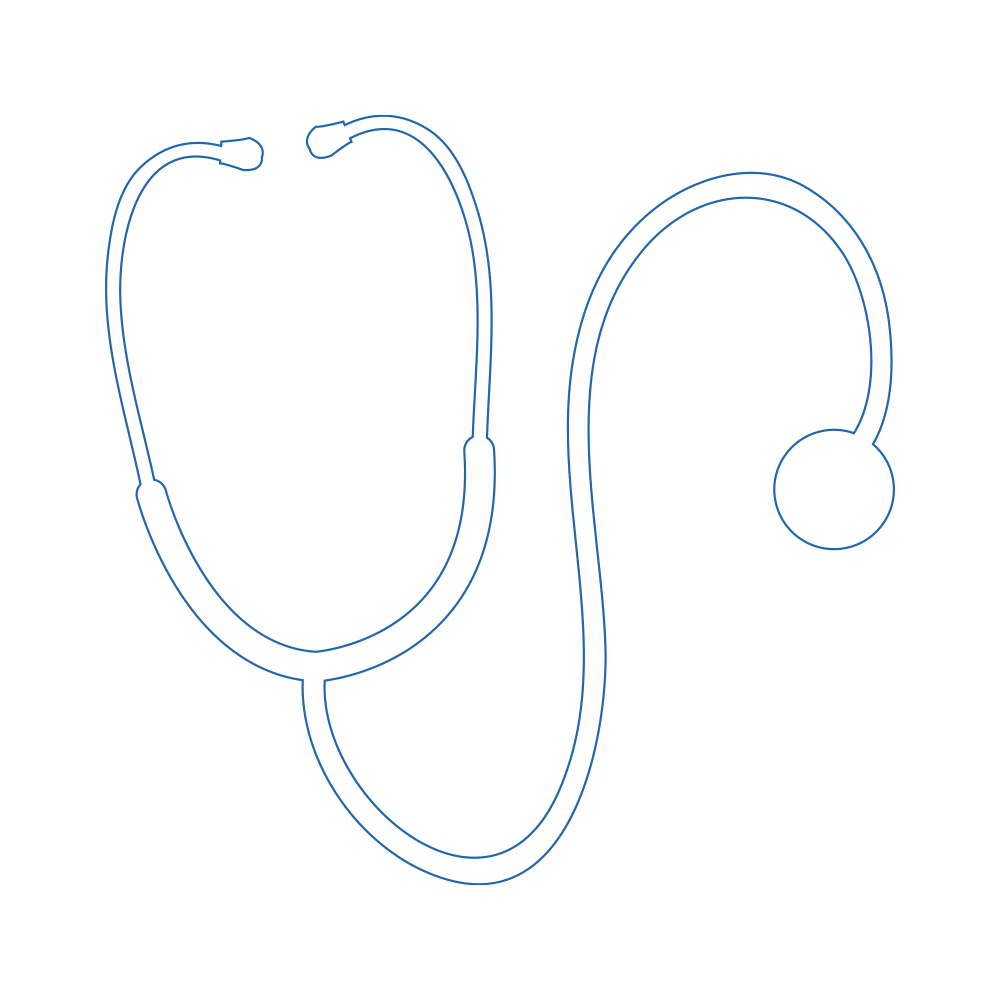
ENHANCED HEALTHCARE
The European Union must act more quickly and more effectively

In the face of potential health challenges or threats, even though European citizens generally have fairly easy access to a full range of medical services, there’s a clear need for enhanced cooperation within the Union. Our future does not lie in independence but in unity.
This vision must be reflected in the seamless coordination of healthcare policies, the constant exchange of crucial information and the establishment of mechanisms for anticipation and instantaneous reaction. The COVID-19 pandemic has highlighted the crucial importance of collaboration between EU Member States to address a global health crisis successfully.
By proposing the strategic relocation of medicines and medical equipment production within the European Union, we will secure the entire supply chain of essential products, thus reducing our dependence on external sources.
By promoting common, comparable and interoperable parameters, we will catalyse the efficient collection and analysis of health data across Europe. We will then be able to monitor epidemics in real time and adjust our public health strategies accordingly.
We want to strengthen the European Centre for Disease Prevention and Control by equipping it with a new capacity to analyse digital data (big data). We would like to dedicate this centre to our late colleague Véronique Trillet-Lenoir, an eminent doctor and respected politician.
However, we will always balance this quest for efficiency with unfailing vigilance in terms of data confidentiality and security. Guided by the highest standards, we will promote cooperation between Member States.


Priority Actions
Strengthen the European Centre for Disease Prevention and Control by equipping it with a new digital data and processing analysis capability.
• Relocate the production of medicines and medical equipment in the EU.
• Create the European Institute of Health to coordinate medical and behavioural research in the various Member States. Its mission should also cover the launch of such activities based on EU funds.
• Encourage Member States to use public-private partnerships in the health sector and facilitate cross-border healthcare to enable their residents to access planned healthcare abroad, particularly by issuing a European Health Insurance Card (EHIC).
• Increase funding and resource allocation to support mental health services, research and initiatives.
• Promote the use of big data in healthcare by promoting common, comparable and interoperable parameters.
• Ensure the highest level of protection for personal data.
• Encourage healthy habits through public health campaigns and initiatives.
• Promote patient-centred care by emphasising the importance of informed consent, shared decision-making and patient autonomy.
• Encourage healthcare providers to involve patients in their treatment plans.
• Ensure that individuals have access to accurate health information.
• Advocate for equal access to healthcare services for LGBTQ+ people.
• Improve mental health outcomes in Member States.
• Prioritise mental health in EU budget planning and distribute funds equitably.
• Introduce prevention into school curricula.
• Work with health professionals, NGOs and pressure groups to strengthen support.
